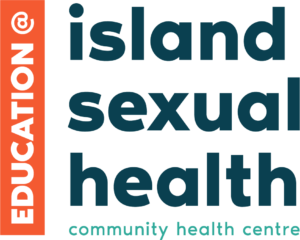Yeast infections (candida)
Yeast infections are an overgrowth of Candida yeast in the vagina. Most people with a vagina will experience at least one yeast infection in their lifetime. Yeast is not classified as a sexually transmitted infection although sometimes it can be passed through sexual partners.
Make an appointment at any of our clinics in Greater Victoria to get tested for yeast infection, or to find out more.
- What causes a yeast infection?
- Preventing yeast infections
- Yeast infection symptoms
- Complications of yeast infections
- Yeast infection tests and diagnosis
- Yeast infection treatment
For further reading, see BCCDC’s information on yeast.
What causes a yeast infection?
There is normally a small amount of yeast in the vagina but occasionally an imbalance results in an overgrowth of yeast.
- Often there is no clear reason for a yeast infection.
- Yeast is not considered “sexually transmitted” because it is not usually transmitted during sex. You can get a yeast infection without ever being sexually active.
- Taking antibiotics and birth control pills, or being pregnant may cause an overgrowth of yeast.
- Rarely, if a yeast infection doesn’t clear up with treatment, your sexual partner may need to be treated to stop the infection from being passed back and forth.
Preventing yeast infections
- avoid douching
- practise good hygiene; daily showers using “gentle” soap products
- wear fresh, breathable undergarments
Yeast infection symptoms
- some people test positive for a yeast infection but have no symptoms
- sometimes there is a white thick discharge (cottage cheese-like)
- often the vagina feels itchy and irritated
- there may be redness or tiny cracks in the vaginal folds
Complications of yeast infections
- There are no serious complications related to a yeast infection
- Occasionally it can reoccur or become chronic requiring more indepth treatment
Yeast infection tests and diagnosis
- a swab can be taken from the vagina and sent to the lab to be tested for microscopic evidence of yeast overgrowth
- sometimes it can be diagnosed based on a pelvic exam and symptoms
Yeast infection treatment
No treatment is necessary for those with no symptoms, even with a positive lab test, as the overgrowth often corrects itself.
- medication can be purchased at our sexual health clinics or over the counter at any drug store; ask the pharmacist if you need help
- there are several different brands of “anti-yeast” medication available but most involve inserting cream or suppositories into the vagina. They come in 1, 3 and 7-day treatments
- for chronic or reccurring yeast infections, prescription medication is available


